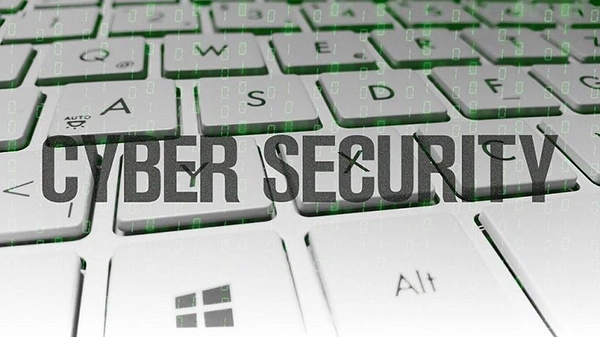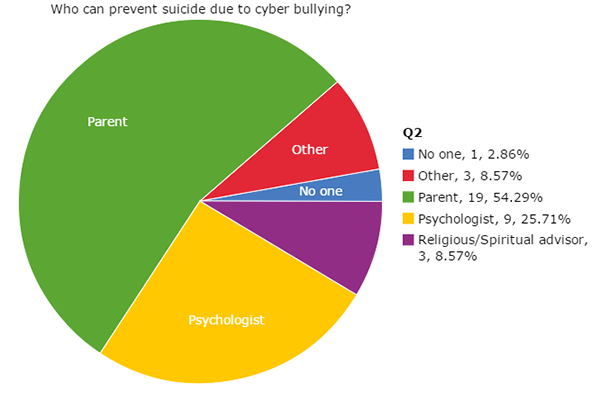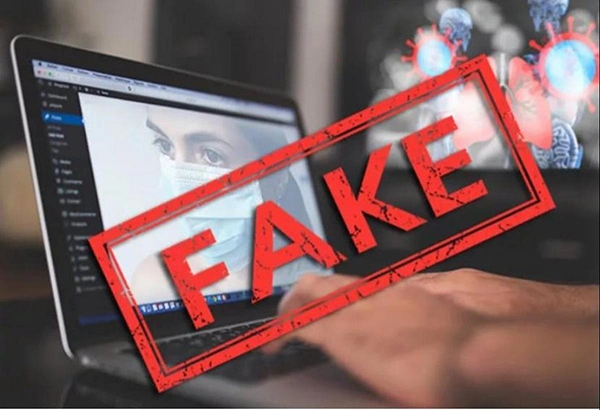Download software only from trusted sources. The fewer unknown sites and suspicious files you deal with, mean less likely you are to download malware.
KEY TAKEAWAYS
- Malware hides in downloads. Never download anything from an unknown site.
- Phishing attacks look real, making it important to check before replying to anything.
- Private browsing isn’t private, your data is tracked constantly.
- Cyberbullies thrive online, report, block, and support digital kindness.
- The internet is powerful, but awareness and caution are necessary.

According to a 2024 report by the Pew Research Center, 79% of U.S. adults express concern about how companies use data gathered online. This statistic has been trending upward over the years, indicating that concerns over data privacy and digital safety by the public have heightened.
The internet connects, entertains, and empowers us, but it is also a risky place that we do not seem to understand. Between the algorithmic decision-making (that ultimately perpetuates bias), widespread surveillance programs, phishing scams, disinformation networks, and a host of other digital threats, the internet is more nefarious than it appears.
In this article, we will identify a few of the lesser-known dangers behind our screens. We will consider what these are, why consider them, and how we can exist online more intentionally and safely.
Click. Open. Download. Boom.
Malware isn’t always flashy. It doesn’t knock. It sneaks. That free PDF? That “harmless” browser extension? The “URGENT” email? Could be a Trojan horse—designed to unleash chaos.
In 2024 alone, over 5.5 billion malware attacks were detected globally (according to SonicWall). That’s not a typo. Billion. How to handle it? Only download trusted software. Say you want to read novels online—choose a reliable site.
It is better to launch the FictionMe reading app, where you will find thousands of different novels, than to try to download a file to your smartphone. Moreover, the app features collections of mafia tales, werewolf stories, secret novels, and more. But trying to download free files from various file-sharing services is a huge risk.
Imagine this. You get a text from your bank. The logo looks perfect. The tone, completely professional. There’s even a link to a familiar-looking site. You tap. You type. You’re trapped.
Phishing is no longer clumsy. It’s clean, professional, and surgically targeted.
What’s worse? 74% of organizations in 2023 reported being victims of phishing attacks, according to Proofpoint. Individuals? They’re even more exposed—no IT team to sound the alarm.
And there’s vishing (voice phishing), smishing (SMS phishing), and even deepfake phishing, where scammers use AI to mimic real voices. Creepy? You have no idea.
You think private browsing keeps you safe? Think again.
Cookies track you. ISPs monitor your activity. Apps tap into your location, contacts, mic—even your clipboard. Ever talked about sneakers and then saw an ad for them minutes later? Coincidence? Doubtful.
An average user is tracked by 1,700 companies daily, as reported by The Markup. And most of this happens invisibly, in the background, while you scroll.
You’re not the customer. You’re the product. Full stop.
No tech required. Just trust. That’s the real danger.
Social engineering thrives on human error. A stranger pretending to be your coworker. A fake IT agent requesting “temporary access.” A message that plays on your empathy—or fear.
It’s personal. It’s manipulative. It works.
Why? Because people want to trust. Scammers know that. And exploit it ruthlessly.
Behind every avatar is a real person. But online anonymity erodes empathy. It emboldens the worst in people.
Behind every avatar is a real person. But the anonymity of the internet strips away empathy. It creates boldness in the worst people.
Over 59% of teenagers in the U.S. reported being bullied or harassed online, according to the Pew Research Center. But it’s not just kids. Adults—especially women, minorities, and LGBTQ+ individuals—face constant digital abuse. Still, platforms like FictionMe offer spaces to discuss ideas without it getting personal.

Think of the surface web as the tip of an iceberg. Below that lies the dark web—a place search engines can’t reach. It’s not only conspiracy theories and obscure forums.
It’s a drug market. Stolen IDs. Card dumps. Child abuse content. Human trafficking. Weapons. Leaks. All hidden. All encrypted. All disturbingly real. And anyone can access it with a few clicks—if they know how. That’s the terrifying part.
DID YOU KNOW?The deep web has 7,500 terabytes of data, and the surface web only has 19 terabytes worth of data!

In 2020, a study by MIT revealed that false news spreads 6 times faster than true news on Twitter. Why? Emotion. Outrage. Clickbait.
Now, with generative AI, fake content is more convincing than ever. Deepfakes, fake headlines, altered screenshots—reality blurs until no one knows what to trust. The internet used to democratize knowledge. Now it sometimes pollutes it.
Scroll. Swipe. Refresh. Repeat.
The infinite scroll isn’t a bug. It’s a trap.
Apps hijack your dopamine system, exploiting boredom, loneliness, and the need for validation. And we’re losing the fight.
Internet addiction affects an estimated 6% of the global population, and studies link excessive screen time to anxiety, depression, and attention issues—especially in youth. We’re addicted. Yet it’s socially accepted—and that’s the real danger.
They grow up with screens. They speak in memes. But kids online? They’re not safe. Predators exploit games, chats, and social media to groom. Algorithms expose young minds to toxic content, sometimes violent, sometimes sexual, always disturbing.
Parental controls help. But they’re not perfect. When a child stumbles into a digital dark corner, they often stay silent, afraid, ashamed, or unaware they were even targeted.
So. The internet, vast, brilliant, revolutionary, is also dangerous. That’s the paradox. But ignorance doesn’t protect you. Awareness does. You don’t need to live in fear, just stay alert.
Learn the signs. Protect your data. Talk to your children. Question everything. Double-check that link. Don’t overshare. Keep software updated. Use strong passwords. Avoid shady popups. Install security tools. And yes, disconnect sometimes.
Because sometimes, the best defense against the dangers of the internet is stepping away from it. Just enough to breathe—and to remember not every connection needs to be digital.
Download software only from trusted sources. The fewer unknown sites and suspicious files you deal with, mean less likely you are to download malware.
Private browsing does nothing to stop tracking from taking place. Companies, ISPs, and applications can all track your data while you use the internet in the background.
The child should report and block the cyberbully. We encourage children to talk, reach out, don’t respond, and find safe applications that encourage positive and respectful interactions online.
